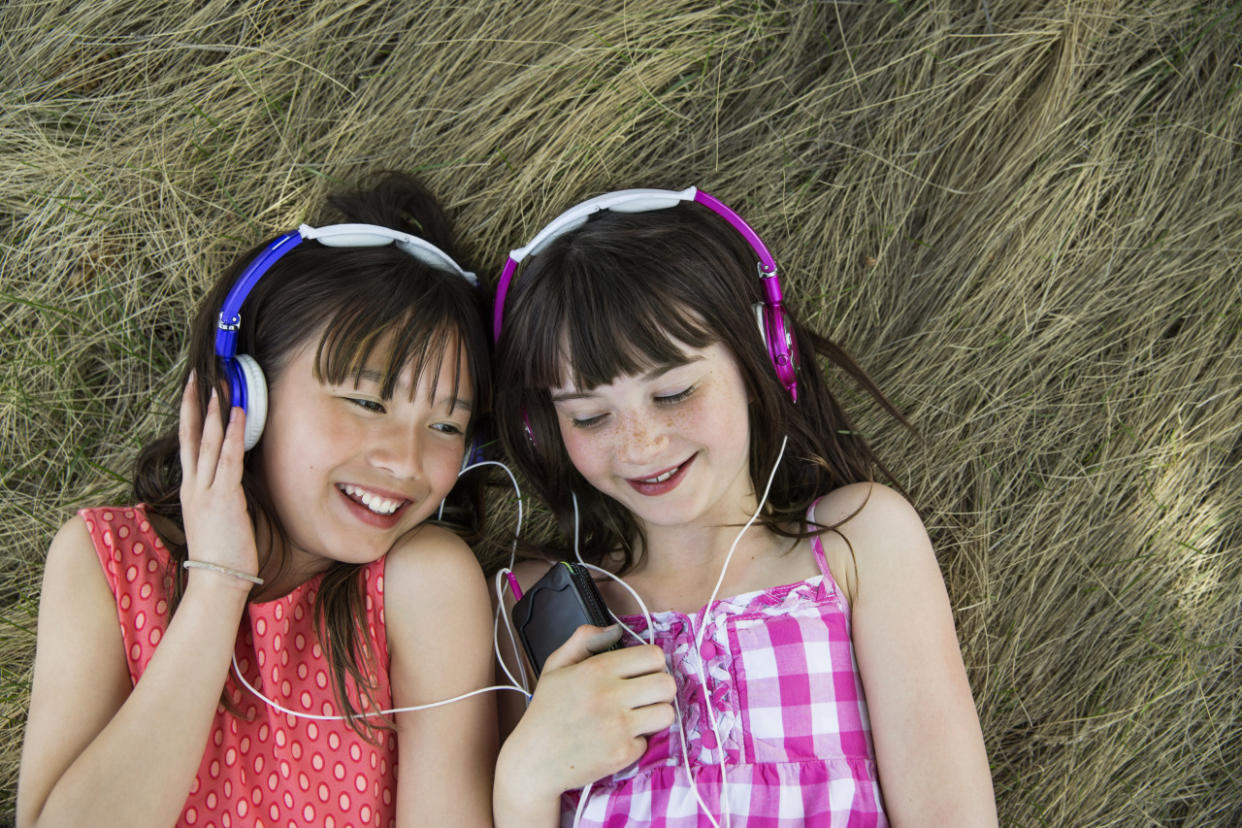Kids Not as Kind as They Used to Be, Survey Finds

Are kids just little meanies? A vast majority believe that they are — or at least that they are less kind than in the past — and that their parents are to blame, according to a recent poll.
Of the more than 2,600 participants in the NBC News State of Kindness Poll, conducted by SurveyMonkey, 62 percent feel that kids are less kind than they used to be and 77 percent say that it’s mom and dad’s fault. Women (66 percent) feel more certain about the lack of kindness than men (58 percent).
STORY: 11-Year-Old Delivers Mom’s Baby, Heads to School
Still, Americans say they don’t put kindness at the top of the list when it comes to teaching kids values — and that qualities like honesty, courage, leadership, and a strong work ethic tend to come in at first place when deciding what to teach kids. It was just the younger generation, of millennials, that thought kindness was most important, the survey found.
STORY: Names of Kids Most Likely to Be Naughty (or Nice)
The findings are not all that surprising, says Richard Weissbourd, a psychology lecturer at Harvard University and head of its Making Caring Common Project, which aims to elevate the importance of parents and schools promoting kindness and common good. “Kids tend to think that other kids are less kind and respectful than they are, and parents do too,” he tells Yahoo Parenting. “Overvaluing ourselves or not being aware of our blind spots, while being hyperaware of those in others, is not uncommon.”
Plus, Weissbourd notes, we are constantly barraged with stories about cruelty — bullying, sexual harassment, school shootings — which can taint the belief, for many, that young people are essentially good.
And as for adults thinking kids aren’t kind at the same time those adults will admit that kindness is not the most important quality to teach? That’s a powerful mixed message, he says. “I think, historically, the messages kids got were different, as public schools were created to foster ethical character, colleges were meant to foster ethical character, and it was considered a mother’s responsibility — not that it should be all on the mother — to make sure kids learned kindness,” Weissbourd points out. “It’s not like caring has now disappeared, but it has become subordinated, it has become secondary.”
Ask kids today whether their parents would be more proud of them for a good grade or an act of kindness, he says, noting his own research, and you might be surprised at the answers: In his study, about 80 percent of children said that their parents were more concerned with their achievement and personal happiness than whether or not they cared for others. “Kids don’t perceive that parents prioritize kindness,” he says, “so part of it is that we need to walk to walk.” That can be achieved in little ways, he suggests, such as by assigning chores, making contributions to the community, and even writing thank-you notes.
Finally, the NBC poll asked participants whether kindness is learned or taught, and results were split: Slightly more than half (52 percent) said that everyone is born with the ability to be kind, while 47 percent believe it’s a quality that must be developed.
“It’s absolutely teachable,” Weissbourd says. “And almost everyone is kind to somebody — a good friend, a family member. So the issue is not whether they have the capacity, it’s who they are kind to, and [the aim is] expanding that circle of concern and kindness.”
(Photo: Hero Images/Getty Images)
Please follow @YahooParenting on Facebook, Twitter, Instagram, and Pinterest. Have an interesting story to share about your family? Email us at YParenting (at) Yahoo.com.



